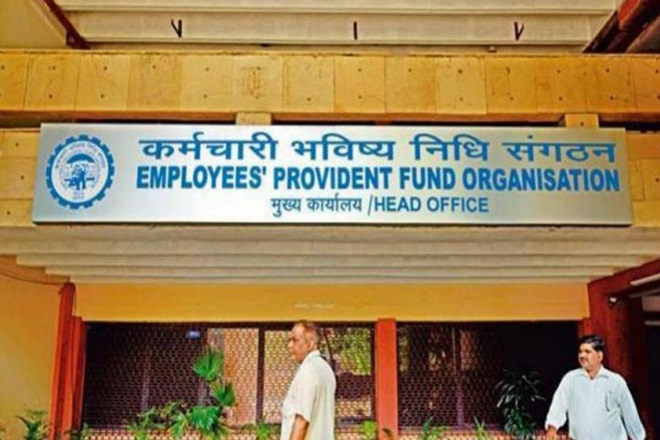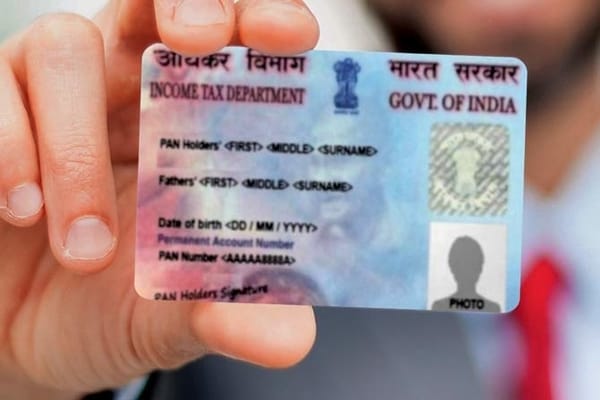EPF PASSBOOK: Employees’ Provident Fund (EPF) provides three benefits – lump sum gain at the time of retirement, monthly pension after retirement and also insurance cover during the employment.
However, you may enjoy all the benefits only if your employer deposits the amount, that he cuts every month from your salary to the designated PF Trust.
To check if all the amounts are deposited on time, you have to visit the EPFO site (https://passbook.epfindia.gov.in/MemberPassBook/Login.jsp) and log-in with your UAN. Once logged in, you may go through your EPF passbooks available under different links for all the previous employers, unless you have transferred or withdrawn the previous PF amounts. You may also download the passbooks periodically to maintain your vigil.
.

.
Although the PF amount is deducted monthly out of the salary of almost all the private sector employees, the implementation of EPF is compulsory for private sector organisations having 20 or more employees.
Also, the scheme is compulsory for the private sector employees having a monthly basic salary of Rs 15,000 (the figure is revised periodically) or less and optional for employees earning more. The amount of basic salary includes basic wages, retaining allowance and dearness allowance (DA), including the cash value of any food concession.
Out of the basic salary, 12 per cent is deducted every month as employee’s PF contribution, while the employer makes a matching contribution of 12 per cent and the Central government also contributes 1.16 per cent of eligible basic salary. Out of the total deduction of 24 per cent (12 per cent employee contribution plus 12 per cent employer contribution), 15.67 per cent goes to EPF and 8.33 per cent (from employer’s contribution part) goes to EPS. Other outgoes include 0.5 per cent for employees’ deposit linked insurance (EDLI), 0.85 per cent for EPF administrative charges and 0.01 per cent for EDLI administration charges.
The passbook will reflect figures of an employee’s entire contribution under EPF. The employer’s 12 per cent matching contribution will be reflected partly under EPF (3.67 per cent) and the remaining part to EPS (8.33 per cent). Withdrawals, if any, and the interests credited on the contributions will also be reflected in the passbook.
In case you find that the employer has not deposited the PF amount after cutting it from your salary, or deposited it late or failed to deposit the matching contribution, you may approach the Regional Provident Fund Commissioner (RPFC) of the region your office is situated in to report the matter or file an FIR against him.
As per the EPFO guidelines, the employer, apart from depositing the contribution amounts, will also have to deposit interest at 10 per cent per year for a delay between 2 and 4 months, 15 per cent per year for delay between 4 and 6 months and 25 per cent per year for delay over six months.












